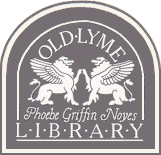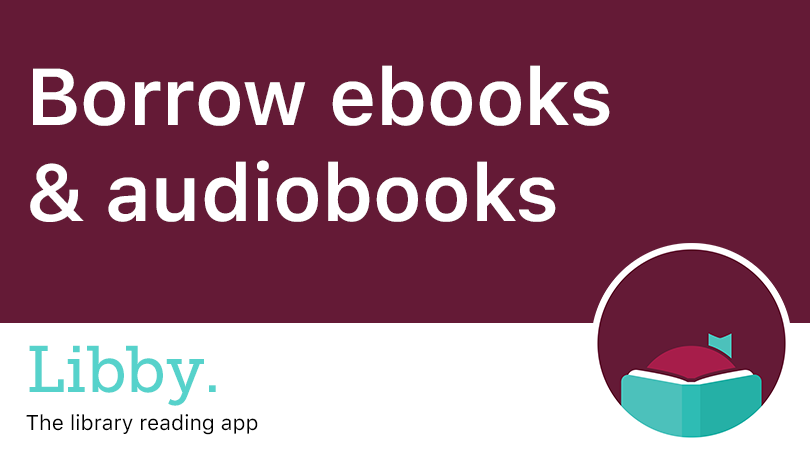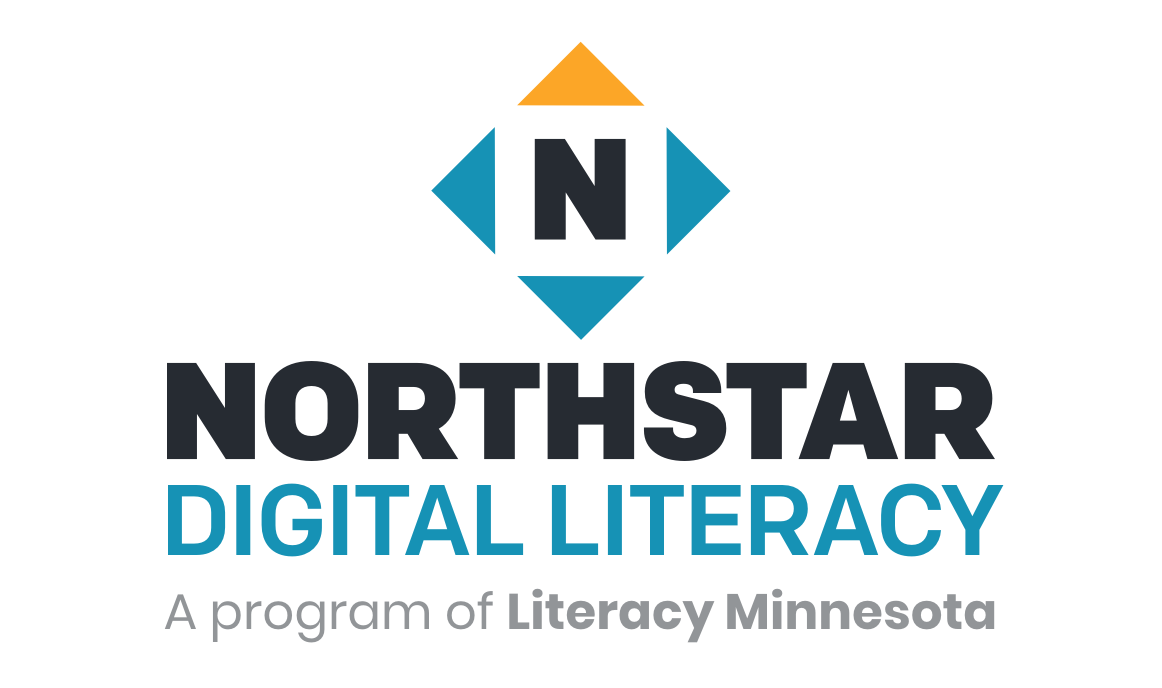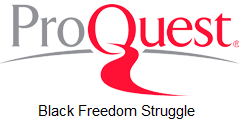Old Lyme Library’s July 11th Decision… Some Questions Answered.
On June 17th, the Board of Trustees of Old Lyme’s Phoebe Griffin Noyes Library received a letter signed by 135 members of the Old Lyme/Lyme community, asking that two books be removed from the Teen & Tween section of the library.
As part of the review process, Library Board members were asked to read the books in their entirety. After having been confronted with selected images sent to them by the concerned citizens, many members were surprised to find the books focused primarily on developing healthy relationships based on communication and trust. Some still felt that the books were concerning and dealt with unduly mature topics. Others reacted by saying, “I wish I had this book growing up.”
With so many differing opinions of the books among board members, how did the Board reach a unanimous decision with its vote on July 11?
After allowing members to share their personal feelings about the books, the Board shifted its focus. With the understanding that individual values, beliefs, and experiences differ, Board members set aside their personal opinions and evaluated the books through the lens of the “Standards of Selection” established in the library’s Collection Development Policy and addressed in the Director’s “Reconsideration Analysis”, the full text of which can be found at oldlymelibrary.org. They grappled with the ideals codified in the American Library Association’s Freedom to Read Statement, and they voted unanimously to uphold the principles embodied in the library’s policy.
How in the world did the books get there in the first place?
Staff take into consideration a wide array of information when making decisions about what to add to the collection. They consult professional review publications (e.g. Library Journal, Booklist, The NYT Book Review), follow bestseller lists, pay attention to local interests and author interviews on major media outlets, and consider direct requests from patrons. Individual titles are measured against the “Standards of Selection” outlined in the library’s Collection Development Policy with an effort to develop collections that (1) position the Library as a source for lifelong learning; (2) provide opportunities for engagement, discovery, and creativity; (3) provide resources that anticipate and respond to patron needs and expectations; and (4) embrace diversity.
How are community values addressed in a library developing its collection?
While library staff endeavor to support community interests (Old Lyme’s Phoebe has, for instance, a much larger art collection than most libraries its size) staff do not attempt to reflect community values for three primary reasons: (1) no single understanding of community values exists, (2) in its effort to embrace diversity and offer resources for patrons to challenge their own thinking, consider other points of view, and broaden their minds, the library necessarily provides materials that may challenge even majority opinion, and (3) a principle role of public libraries, as articulated by the American Library Association, is precisely to support the marginalized, underrepresented, silenced, and disadvantaged. Embedded in the library’s practice is the understanding that by striving to serve and support all patrons we inevitably offend, alienate, or challenge others. Books are powerful tools that elicit strong emotions, and we believe patrons’ concerns deserve to be heard. It is for this reason that the library has a “Request for Reconsideration of Library Materials Form” and an established review process as part of our policy.
How does a library judge what is age appropriate?
The judgment of age-appropriateness is likewise a matter the library staff do not engage in. Age-appropriateness is highly subjective, both in the sense that youth of the same age vary widely in developmental progress and in the sense that what one individual or cultural group considers appropriate another deems inappropriate. This latter point is aptly illustrated by the current debate surrounding these two books. Well-informed people of good faith in our community hold widely varying views on the age appropriateness of the books. Should one group in the community, or for that matter one librarian, determine what is appropriate and made available for all others in the community? For these reasons, professional library practice, not just at the Phoebe but around the country, avoids making judgments of age appropriateness. Library staff place books in one of the three broad age-based collections (children, teen & tween, and adult) most closely matched with the publisher age recommendation as corroborated by professional reviews.
What can a concerned parent do about the Library’s Policy?
Please note that Library staff do not act in loco parentis. Per state statute (CGS 53-21a), young people should be of at least twelve years of age to visit the Library unaccompanied. Library staff necessarily assume unaccompanied youth have full access to the Library and all its collections —including the adult collections. Limiting access to content is the responsibility of the parent. If you feel you need to accompany your child to the library or any particular collection, we welcome and encourage your presence.
We are grateful to the citizens who expressed their concern and raised awareness of this very important and complicated topic. And we are grateful to the others who spoke out in support of retaining the books. Ultimately, however, the Board’s decision rested on the principles found in the American Library’s Association’s Freedom to Read statement, espousing freedom to read for all members of the community, irrespective of the relative size or outspokenness of the opposing groups.
Respectfully submitted,
The Board of Directors of Old Lyme’s Phoebe Griffin Noyes Library
July 11, 2023: Board Decision & Statement
After careful consideration, the Old Lyme Phoebe Griffin Noyes Library Board of Trustees has determined that the books You Know, Sex: Bodies, Gender, Puberty, and Other Things by Cory Silverberg and Fiona Smyth and Let’s Talk About It: The Teen’s Guide to Sex, Relationships, and Being a Human by Erika Moen and Matthew Nolan meet the selection criteria as stated in The Library’s Collection Development Policy for inclusion in the Library’s Teen/Tween collection.
In regards to these books, The Old Lyme Phoebe Griffin Noyes Library recognizes that many materials are controversial and that any given item may offend some patrons. The Board has affirmed its policy that selection of materials will not be made on the basis of anticipated approval or disapproval, but solely on the basis of the principles stated in the policy. Library materials
will not be marked or identified to show approval or disapproval of their contents, and no material will be sequestered, except to protect it from injury or theft.
Young people must be middle school age to visit the Library unaccompanied. Parents should assume unaccompanied youth have full access to the Library and all its collections – including the adult collections. Limiting access to content is the responsibility of the parent. If you feel you need to accompany your child to the library or any particular collection, we welcome and encourage your presence.
The Board of Trustees fully supports each member of its staff and condemns wholeheartedly the inappropriate and unwarranted censure of professionals we believe are doing their jobs with the utmost professionalism.
June 26, 2023: Let’s Talk About It
It may have come to your attention that a group of community members are concerned about several books in the Library’s collection. We have received requests to review You Know, Sex: Bodies, Gender, Puberty, and Other Things by Cory Silverberg and Fiona Smyth and Let’s Talk About It: The Teen’s Guide to Sex, Relationships, and Being a Human by Erika Moen and Matthew Nolan. The Board of Trustees are currently reviewing these titles per the Library’s Collection Development Policy and established process. In the meantime, these titles will remain in circulation and are available to request via the Library’s catalog.










